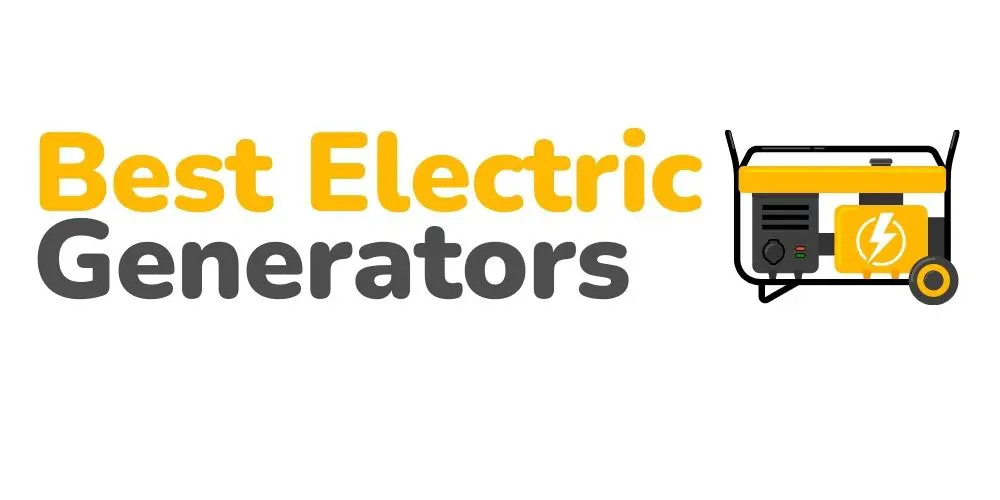Beginners Guides
Do Portable Generators Have Circuit Breakers?
Many of you may be wondering if portable generators have circuit breakers. Of course, they have circuit breakers, much like standby generators. These breakers are instrumental in keeping the electrical connections safe. And they prevent electrical fires. But what types of breakers are there in portable generators? And what does it mean when the circuit […]
Read More
Can Portable Generators Damage Electronics?
No, most portable generators are not entirely safe to use with different sensitive electronics. For example, you cannot use comp, but some portable generators with some special features to prevent your electronics from any damage. This is purely because the power these units can produce is not very stable, and there are chances of surges […]
Read More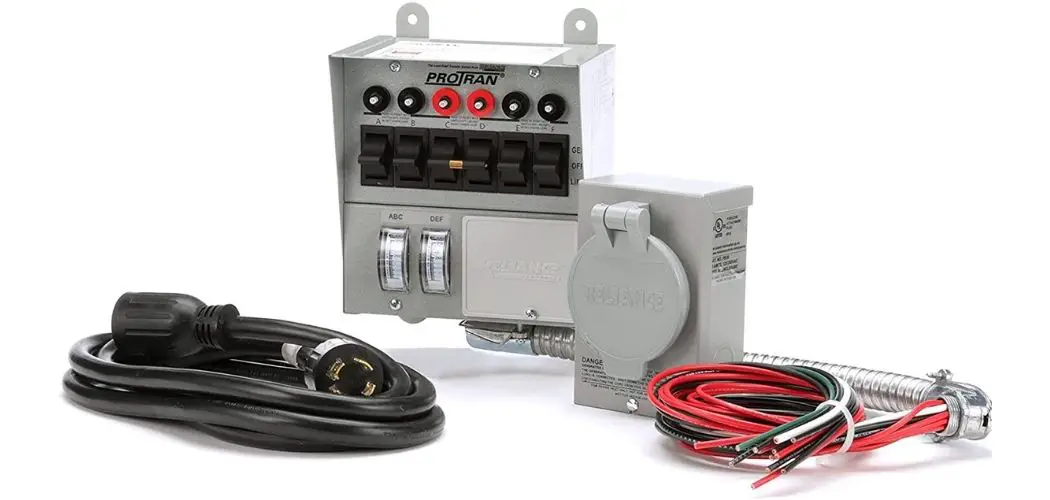
What Is A Transfer Switch For When Using A Portable Generator?
Buying a portable generator is just the beginning. You’ll need a lot more with that generator, including a transfer switch. But what is a transfer switch for when using a portable generator? Transfer switches make it smoother and safer to transition from the grid to your generator. They ensure your building is never connected to […]
Read More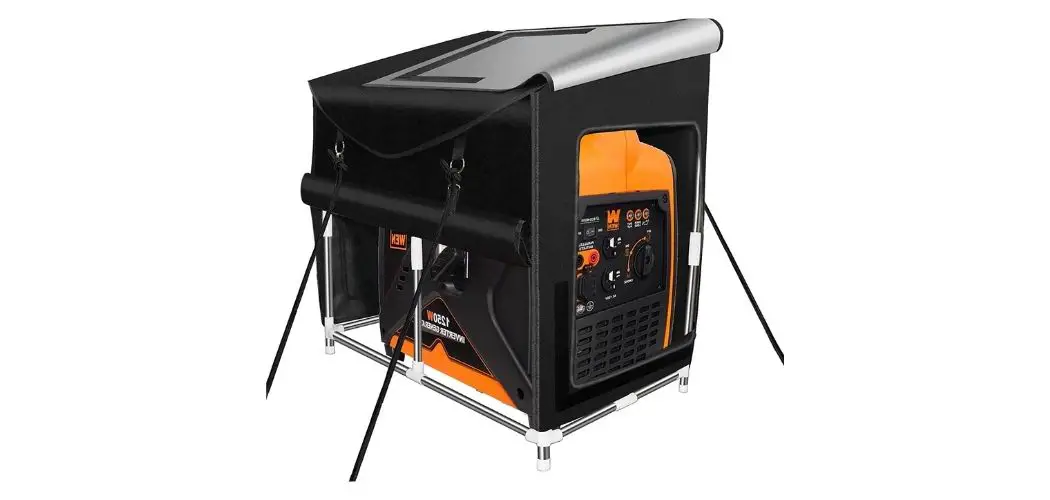
Do Portable Generators Need to Be Covered?
Yes! It will help if you cover the portable generators when not in use as they’ll start getting rust in a damp environment. When you’re keeping your generator in an open area, it might get damaged by rain, snow, storm, or there may be excessive hot days that can severely damage the generator’s electrical components. […]
Read More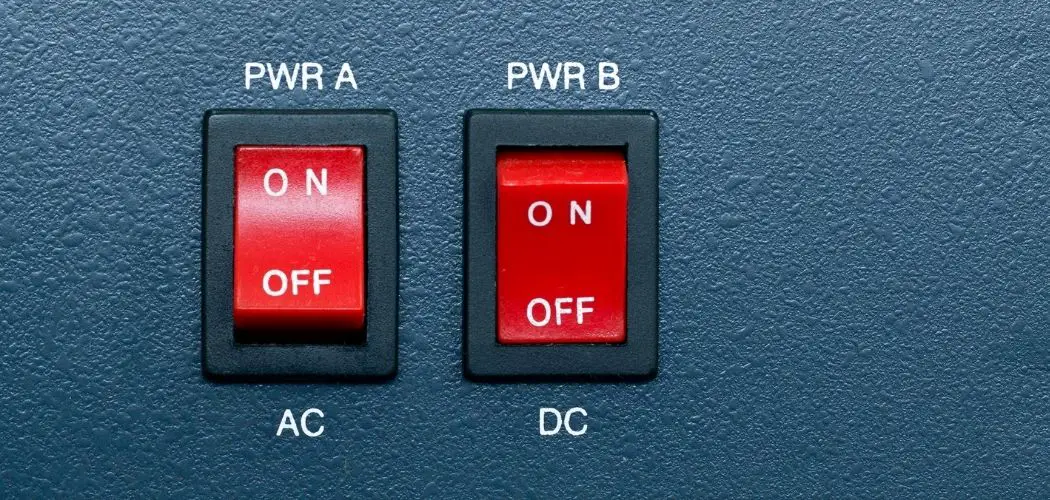
Do Portable Generators Produce AC or DC?
If you have to deal with frequent power outages, you’ll know how handy a portable generator is. But do portable generators produce AC or DC power? To answer the question, you can find generators in two types: AC and DC. So, a portable generator can generate both. For most applications, AC power is the right […]
Read More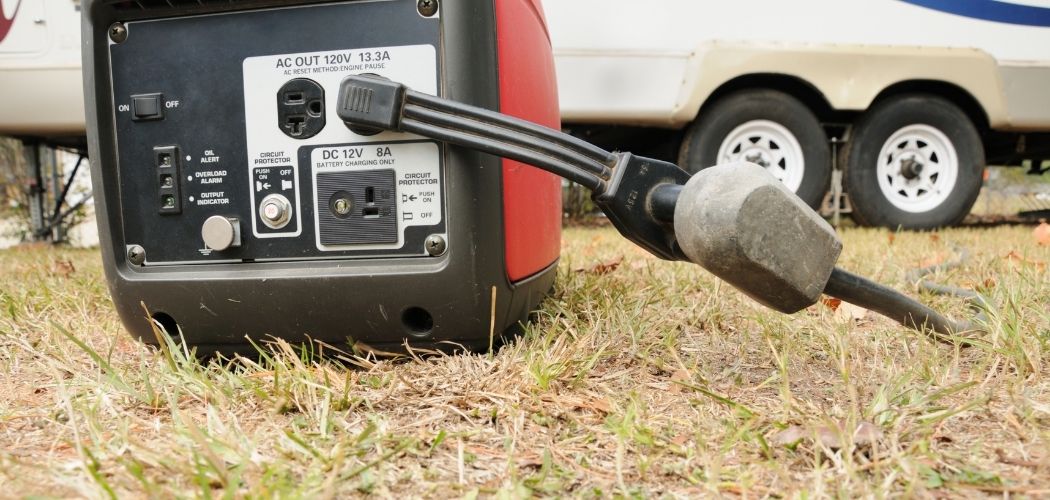
Do I Need To Ground My Generator When Camping?
Yes, you do need to ground a generator while camping. This is important because your electrical equipment is at risk of damage or overheating if you don’t. In addition, sensitive circuitry and wiring might get affected, and there is a risk of electrocution. Grounding your generator is a common practice to prevent any chances of […]
Read More
How Long Will A Portable Generator Run On Propane?
Yes, you can run the portable generator on propane, but you must be wondering for how long? The operating time of the generator depends on the load you put on it in terms of running the appliances. An average generator takes around two to three pounds of propane for running the generator in an hour. […]
Read More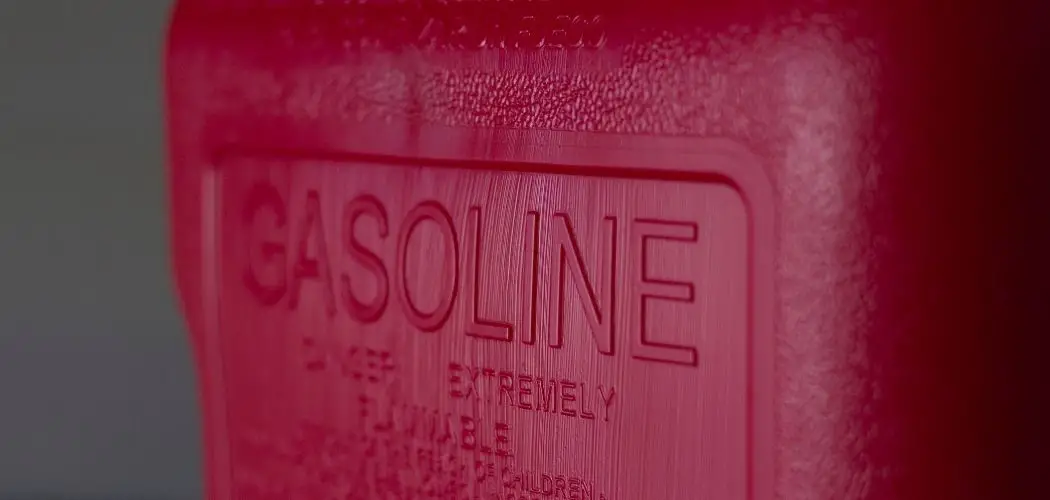
How Long Will A Portable Generator Run on A Gallon of Gas
A portable generator can run for around 8 to 10 hours on one gallon of gas. Portable generators come with a grab-and-go power facility, which offers an ideal situation for everyone dealing with power shortages. These are not huge enough to give power to a whole house. However, smart power management can keep the essentials […]
Read More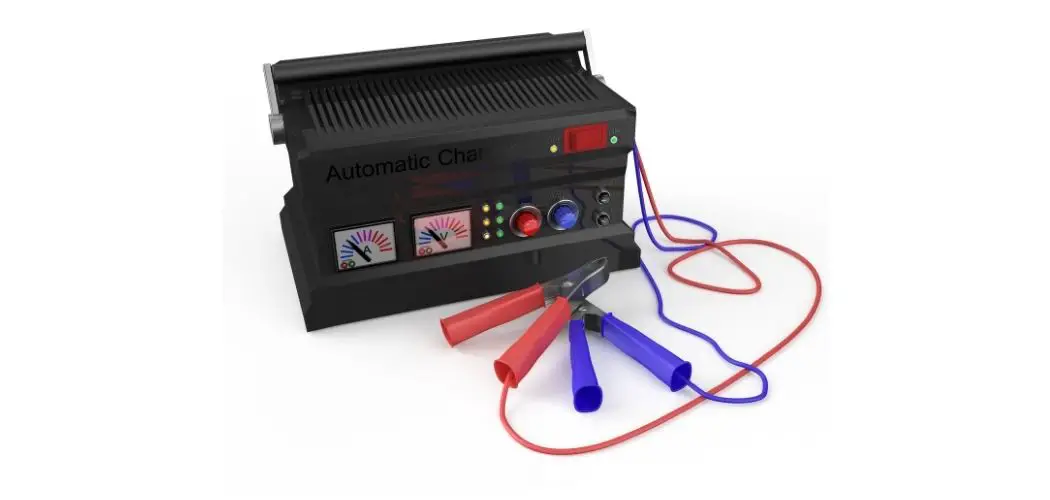
Can A Generator Power A Battery Charger
A generator can charge not only battery charge but all types of batteries as well. When equipped with the correct charger, you can use it to charge the backup system at your home. Or even your car’s battery if it goes flat. The Importance of Battery Specification: The type and specification of the battery are […]
Read MoreWill A 4000 Watt Generator Run A Well Pump?
Generally, a 4000W to 4300W generator should provide enough power to run a small well pump. But for a bigger well pump, you will need a more significant generator with a more running wattage rating. A standard submersible well pump with a 1 HP motor will need a 3 to 4 kW generator to start […]
Read More